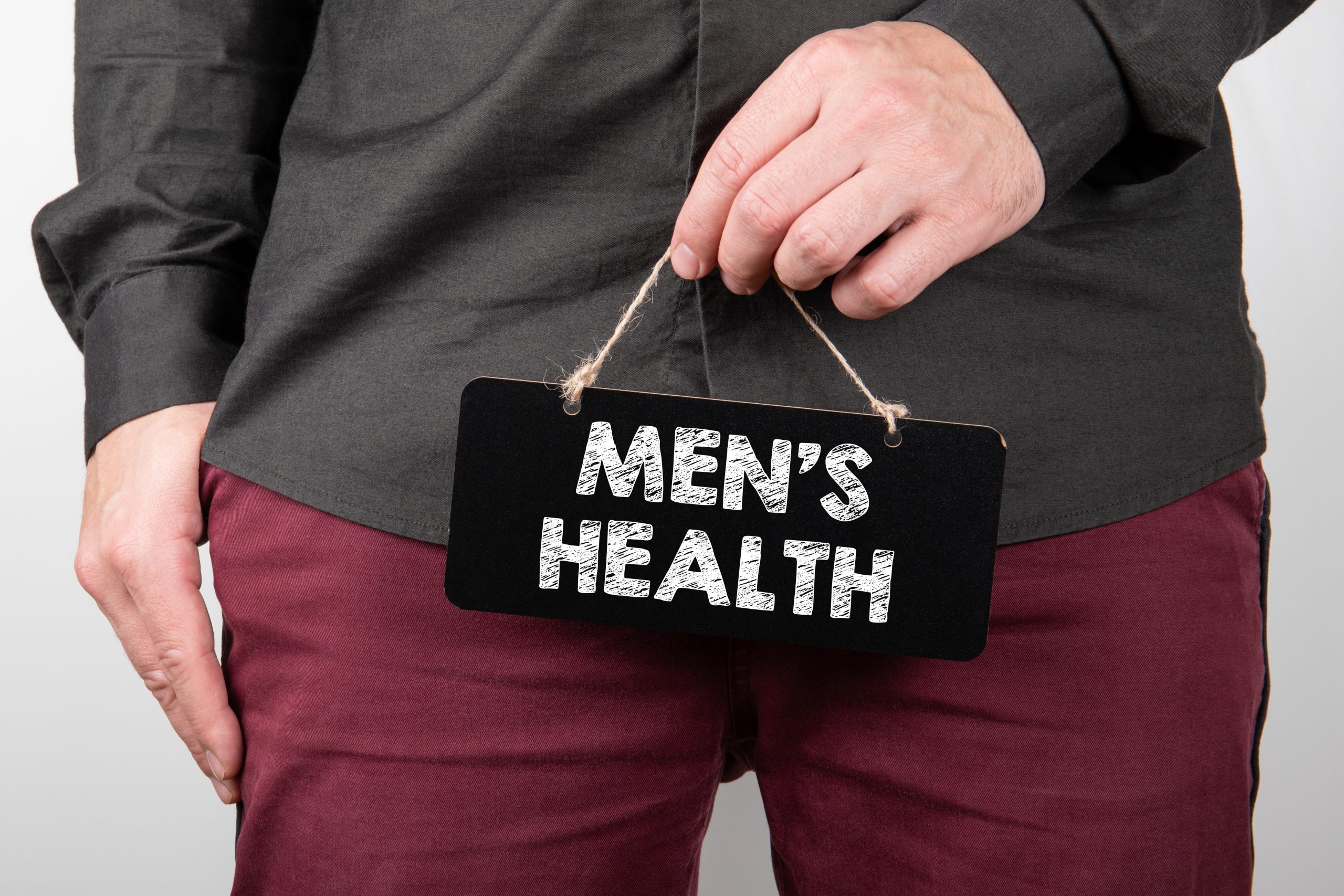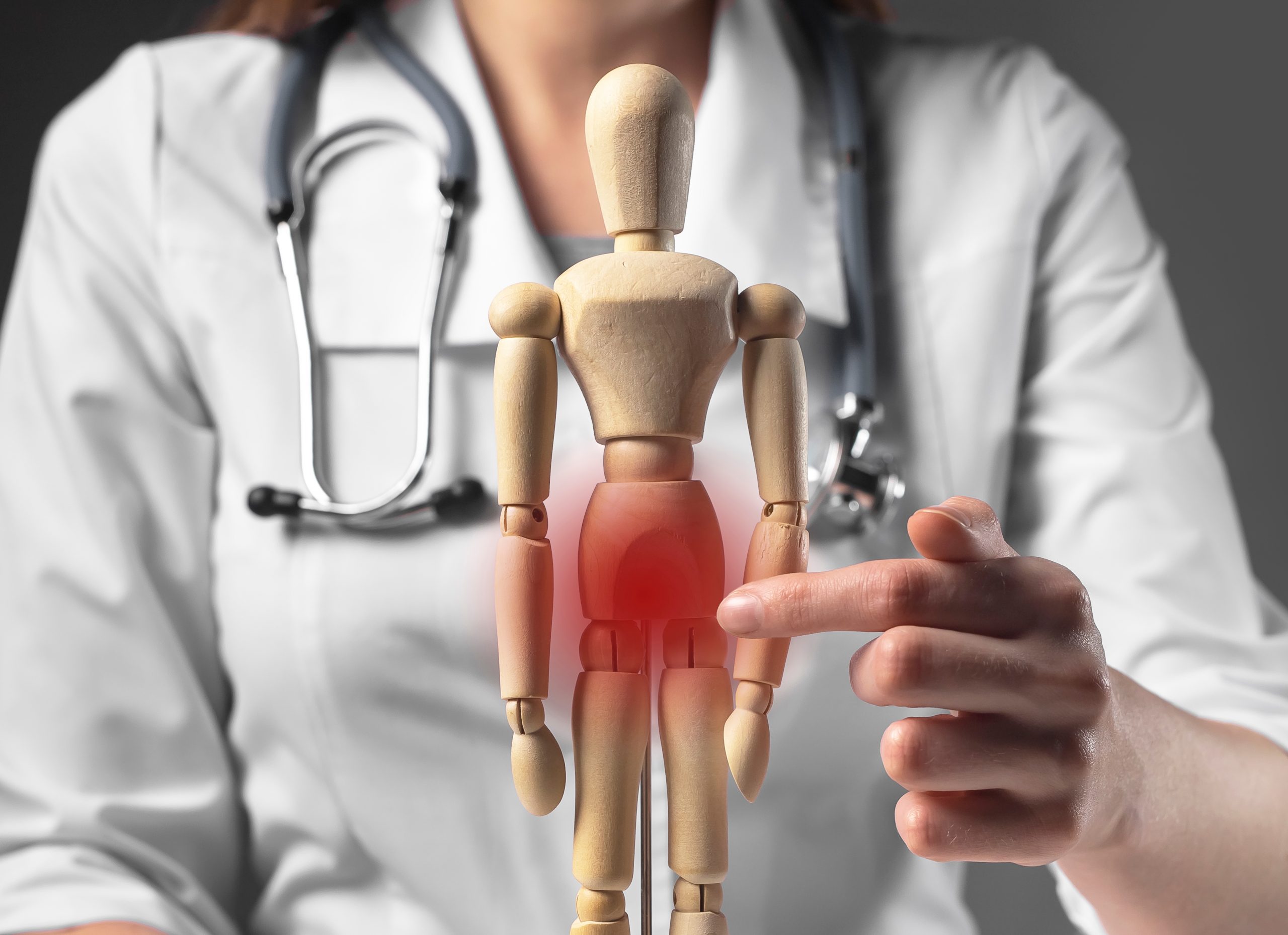The prostate gland is an essential part of the male reproductive system. It produces fluid that mixes with sperm to create semen. As men age, the prostate gland can become enlarged or develop other conditions that can affect sexual function. In this article, we’ll explore the connection between prostate health and sexual function.
Prostate Health
The prostate gland is a small, walnut-shaped gland located just below the bladder. Its main function is to produce fluid that nourishes and protects sperm. The prostate gland can become enlarged as men age, a condition known as benign prostatic hyperplasia (BPH). BPH can cause urinary problems such as frequent urination, weak urine flow, and difficulty emptying the bladder.
The prostate gland can also become inflamed, a condition known as prostatitis. Prostatitis can cause pain or discomfort in the pelvic area, pain during urination, and urinary problems.
Prostate cancer is another condition that can affect the prostate gland. Prostate cancer is the second most common cancer among men in the United States. It can cause urinary problems, as well as sexual problems such as erectile dysfunction (ED) and reduced sexual desire.
Sexual Function
Sexual function can be affected by a variety of factors, including age, health, and lifestyle. As men age, they may experience changes in sexual function such as decreased sexual desire, difficulty achieving or maintaining an erection, and decreased intensity of orgasms.
Prostate conditions such as BPH, prostatitis, and prostate cancer can also affect sexual function. BPH can cause urinary problems that can interfere with sexual function, while prostatitis can cause pain or discomfort during ejaculation. Prostate cancer can cause ED and reduced sexual desire.
Treatment
Treatment for prostate conditions can vary depending on the underlying cause and severity of symptoms. BPH can be treated with medication or surgery to remove part or all of the prostate gland. Prostatitis can be treated with antibiotics or anti-inflammatory medication.
Treatment for prostate cancer may involve surgery, radiation therapy, chemotherapy, or hormone therapy. Treatment for prostate cancer can cause side effects such as ED and reduced sexual desire. Discussing these side effects with your healthcare provider can help you develop a treatment plan that balances the benefits and risks of treatment.
Prevention
Maintaining prostate health is essential for overall health and sexual function. Eating a balanced diet, exercising regularly, and avoiding tobacco and excessive alcohol consumption can help reduce the risk of prostate conditions. Regular prostate screenings can help detect prostate conditions early when they are most treatable.
In conclusion, the prostate gland plays an essential role in male sexual function. Prostate conditions such as BPH, prostatitis, and prostate cancer can affect sexual function and overall health. Treatment for these conditions can involve medication, surgery, or other therapies. Maintaining prostate health through a healthy lifestyle and regular prostate screenings can help reduce the risk of prostate conditions and promote sexual function. If you’re experiencing urinary problems or changes in sexual function, talk to your healthcare provider to determine the underlying cause and develop an appropriate treatment plan.





